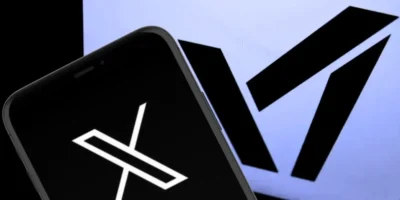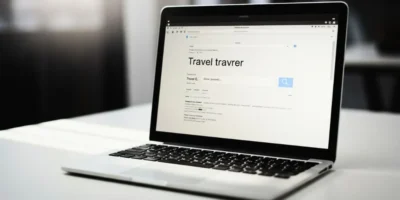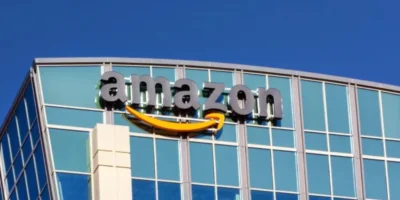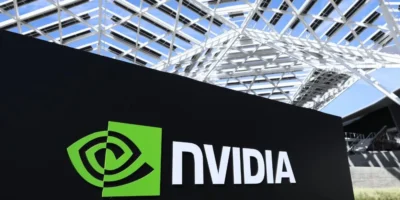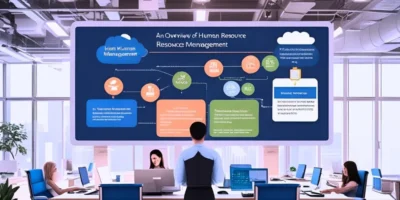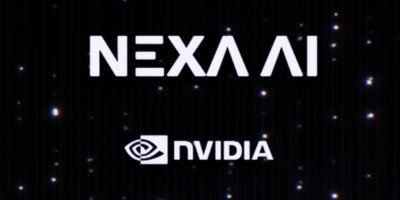Tesla recently won a significant legal battle, successfully stopping a 2017 lawsuit alleging a racist work environment from becoming a class action. California Superior Court Judge Peter Borkon, whom Governor Gavin Newsom appointed in 2021, decided the lawsuit couldn’t continue as a class action. The reason? The plaintiffs’ lawyers couldn’t find 200 class members willing to testify. The judge explained that he couldn’t just assume the experiences of a small group of workers applied to all the potential plaintiffs in the larger group.
This lawsuit began in 2017 when a single employee first sued Tesla. That employee claimed Tesla’s Fremont production floor was a “hotbed for racist behavior” and that over 100 employees had experienced racial harassment.
In 2024, a different judge at a lower court had allowed the case to proceed as a class action. Tesla, however, had been fighting that decision ever since. A trial for the case was supposed to start in April. But now that the lawsuit has lost its class-action status, each person who wants to sue Tesla will have to bring their own case. This means a much more difficult and longer road for those employees.
This isn’t the first time Tesla has faced legal trouble over claims of racial misconduct. Just last year, in 2023, the U.S. Equal Employment Opportunity Commission (EEOC) sued the automaker. The EEOC’s lawsuit alleged that Black employees at Tesla were subjected to racist slurs and faced punishment for speaking out.
Even more recently, in 2024, Tesla reached a private settlement with another employee. This employee claimed he faced discrimination at the same California factory, reporting that his coworkers had left drawings of swastikas and other racist images at his workspace. These ongoing legal challenges highlight the persistent issues surrounding workplace conduct at the company.


